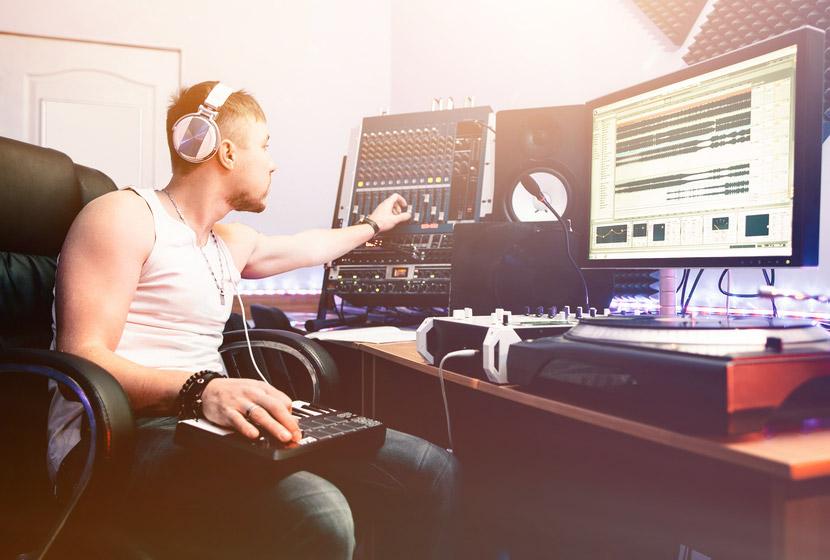The team at the record label will have a wealth of experience you can draw on. It is therefore essential to have good vibe between you. It's all about the human touch.
The label's image and reputation in the market will also help you to get noticed by finding your artistic niche.
A record label will also help you to increase your presence in the market, through the distribution networks with which it collaborates, nationally or internationally.


